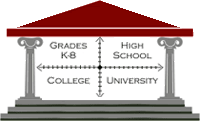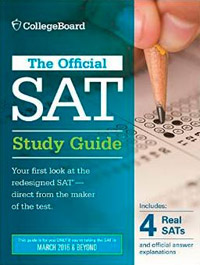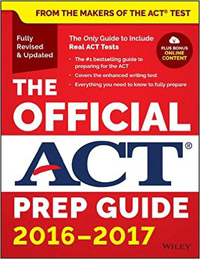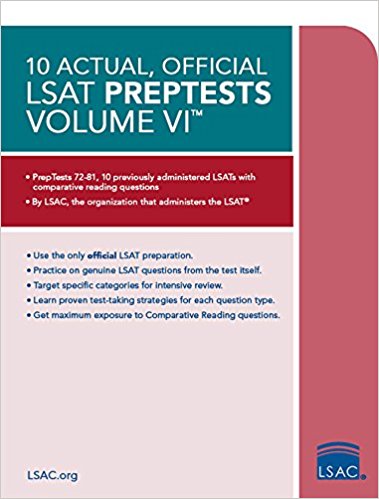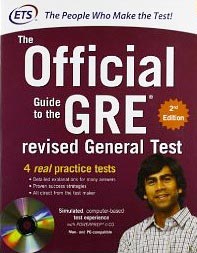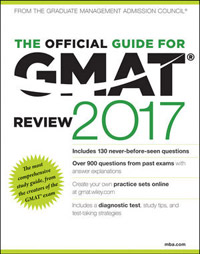|
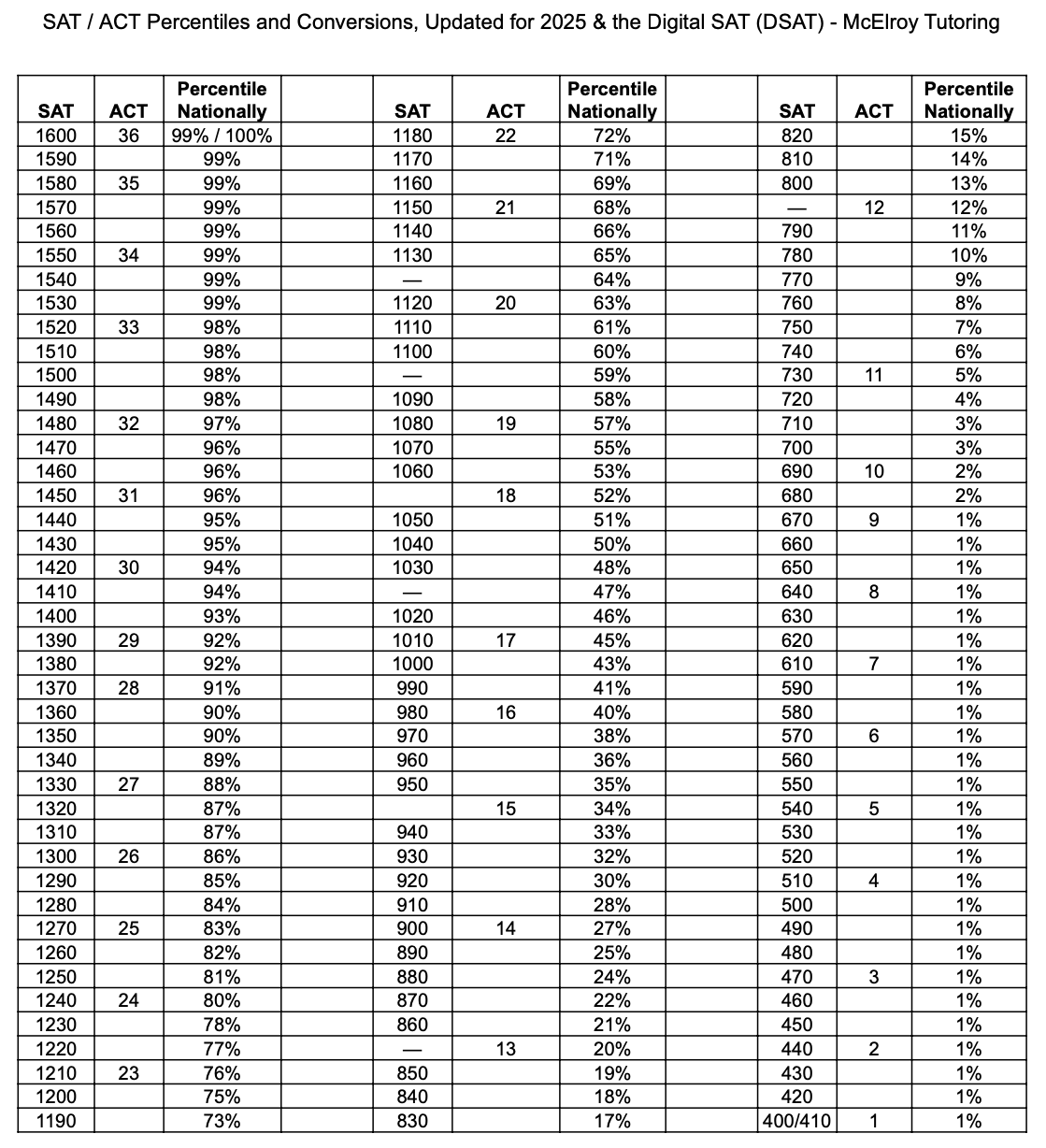
The SAT and ACT are the two major standardized exams used in the college admissions process, and are currently required for admission at many top universities. I’m an expert in both tests, having taught both full-time since my 2002 graduation with honors from Harvard—and having scored perfectly on both, with every question correct.
Today l will compare the two in detail, in an effort to help you or your student make the right test prep decision.
First, you do not need to take the SAT or the ACT to attend college—especially if you are an American resident and/or citizen. There are thousands of colleges and universities, many of which either do not require standardized exams (test optional), or do not consider SAT or ACT scores whatsoever ("test-blind" schools, such as the entire University of California system).
If you do not wish to take these exams / prepare for them, or if you do not have enough time to do so, then you should simply apply to test optional and test blind colleges, and put any extra efforts that would have gone into test preparation into writing your application essays.
That said, this article is intended for those who have decided to take at least one of these exams. This includes 99% of international applicants, who generally do not benefit from test-optional and test-blind admissions policies at US universities.
Not sure which test is better for you? Take a practice test in both. You can then use the percentile table above to help compare your scores.
Digital SAT Practice Tests / Paper DSAT Tests (intended for students with accommodations only) / Paper ACT Practice Test / Digital, "Enhanced" ACT Practice Tests
For example, if you are somewhat technophobic, or if you don't own a tablet/computer, then you might want to stick with the ACT.
Even being comfortable and/or skilled with computers is no guarantee that your DSAT will go smoothly. The digital SAT has unfortunately continued to experience pervasive technical issues (such as the "log out / log in" 11 am early score submission glitch from the March 2025 SAT) that can lead to the cancellation of your score, sometimes through no fault of your own. (Article)
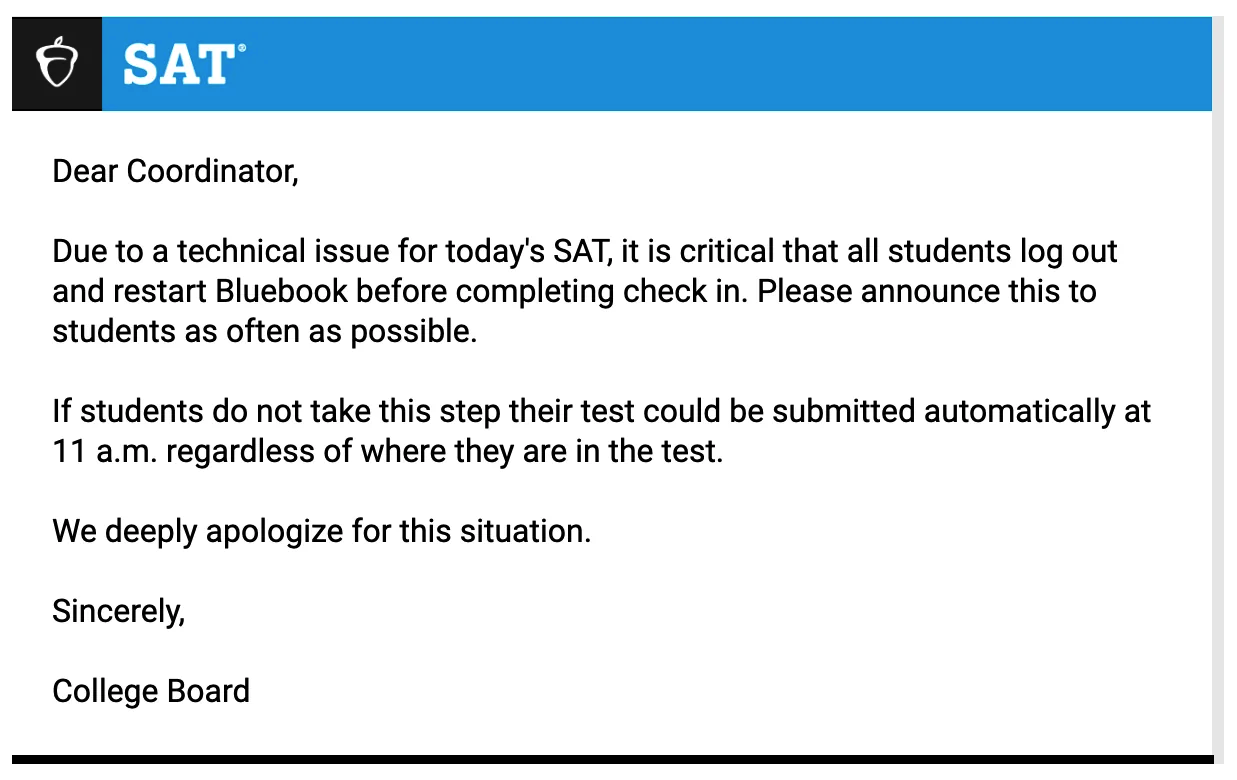
Delivery/Format/Timing: The digital SAT includes 98 questions in 134 minutes of testing time, 8 questions of which are experimental / uncounted. It must be taken on a computer or tablet in an approved College Board testing center—unless you are able to successfully apply for paper and pencil accommodations.
The ACT in the US is still taken largely on paper, but is in the process of transitioning to a digital format, and will officially be getting shorter next year (keep reading). It currently includes 215 questions in 175 minutes of testing time.
Upcoming Changes to the ACT: Starting in April 2025 for digital ACTs only, and in September 2025 for all ACTs, exam duration will be reduced from about 3 hours to about 2 hours. ACT composite scores (1-36) will no longer include the Science section, and will instead be averaged from the English, Math, and Reading section scores only. The Science section will also become optional for both digital and paper test-takers.
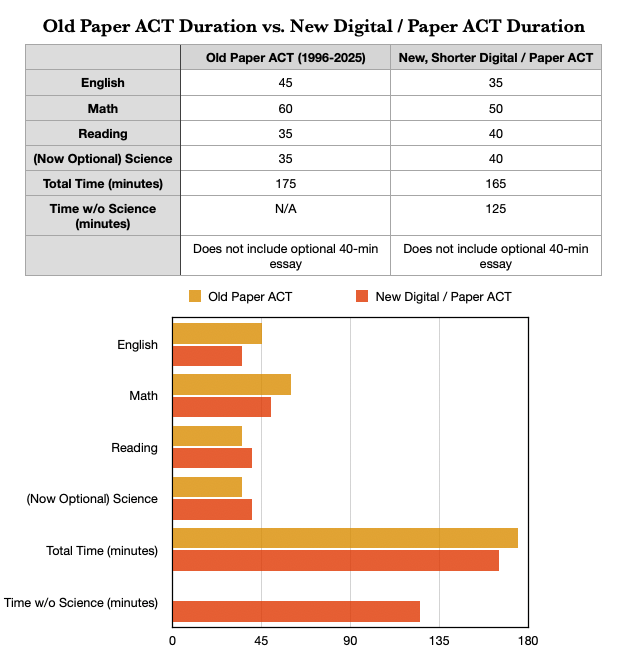
Experimental / uncounted questions will also be added to the ACT for the first time, totaling approximately 17% of the questions on the exam, and thus introducing a significant luck factor: consider that only 8% of the questions on the digital SAT are experimental / uncounted. The good news is that as a result of this change, ACT Inc. will be eliminating the infamous "fifth test": a 5th multiple-choice section at the end of the exam, consisting entirely of uncounted questions.
The new, shorter ACT with Science will be 10 minutes shorter than the current exam—and will include 171 questions in 165 minutes, instead of the current 215 questions.
The new ACT without Science will include just 131 questions in only 125 minutes of testing time.
So far, the rollout of the new, digital "enhanced" ACT (which does not allow students to bring their own devices, and thus requires a physical computer lab) has been rocky: many test-takers have noted that it is difficult—if not impossible—to register for a digital ACT exam in their area, and that there are some content differences between digital and paper ACTs, especially on the Math section.
Let's get specific:
- English is losing 10 minutes and 25 questions: passages will be 5 or 10 questions each, instead of the current 15. Stems will be added to all questions, instead of just some. 10 questions (one full passage, but not the first or last passage) will be experimental / uncounted (20%).
- Math is losing 10 minutes and 15 questions, and the number of answer choices per question will be reduced from 5 to 4. 4 questions will be experimental / uncounted (9%) -- and those questions will be randomly distributed.
- Reading is adding 5 minutes and removing 4 questions (4 passages of 9 questions each). 9 questions (one full passage, but not the first or last passage) will be experimental / uncounted (25%).
- Science is adding 5 minutes and maintaining the number of questions at 40 (6 passages total). 6 questions (one full passage, but not the first or last passage) will be experimental / uncounted (15%).
Notably, these changes also mean that average time per question will be increasing, from 49 seconds per question on the current exam, to 57 seconds per question on the new ACT with Science, and 58 seconds per question on the new ACT without Science.
(For comparison, the digital SAT allows an average of 82 seconds per question, because its questions are longer and more complex.)
Although these changes should serve to make the ACT easier, it is important to keep in mind that this effect will be felt across the entire testing population, and thus should not have a strong impact on score percentiles.
I also expect national ACT section percentiles (in particular, on the Science section, where percentiles are very likely to drop as a consequence of making it optional) to change as a result of these updates.
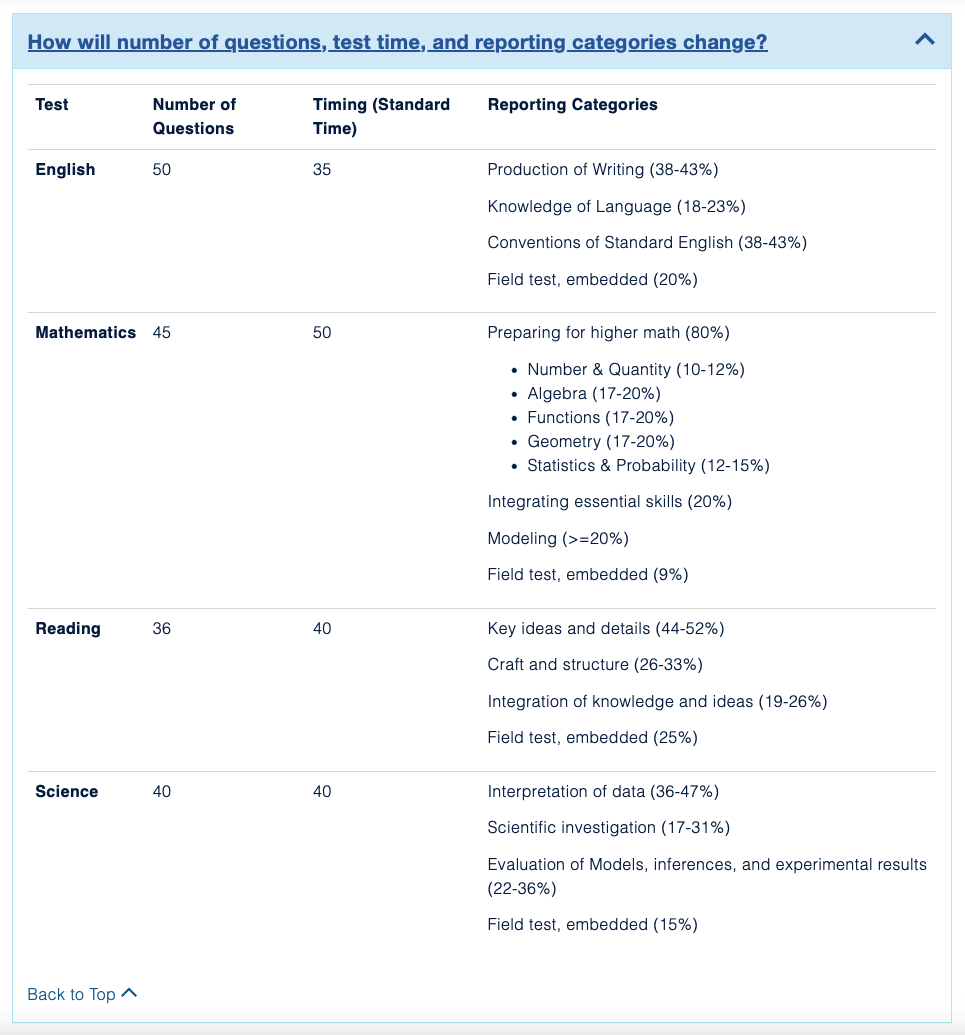 Please note that "field test, embedded" refers to the new ACT's 29 experimental / unscored questions. Please note that "field test, embedded" refers to the new ACT's 29 experimental / unscored questions.
Content: The DSAT tests high school Reading (including scientific passages with graphs and charts), Writing, and Math skills. The ACT tests high school Reading, Writing, Math, and Science skills (more specifically, scientific data interpretation). Both exams include an optional essay portion.
The ACT tests a wider range of content than the SAT (ACT math formulas / SAT math formulas). The SAT tests less content, but the questions themselves are more complex.
Length: The digital SAT is about 2 hours long (134 minutes), and the current version of the ACT is about 3 hours long (175 minutes).
Thus, the DSAT is the clear winner at present—but next year the ACT will be 44 to 84 questions shorter, and closer to 2 hours in duration: total testing time will be reduced from 195 to 125 minutes for the ACT without Science, vs. 134 minutes on the DSAT. (Source) At that point, the ACT without Science will actually be the shorter exam—albeit by only a few minutes of total testing time.
The new ACT with Science will stay about the same length: it is 165 minutes long, 10 minutes shorter than the current exam.
Pacing / Room for Error: The ACT is the faster test. The SAT is the harder test—at least on a per-question basis, which is why the DSAT currently allows approximately 67% longer than the ACT per question. If pacing is an issue for you, then the SAT might be the correct choice. If speed is less of a concern, then consider the ACT instead.
However, as I noted earlier, when the ACT becomes shorter in April 2025, this difference will of course become less significant: at that point, the digital SAT will only allow approximately 44% more time than the ACT per question.
More questions means less time per question, of course—but it also means fewer points lost per incorrect answer. Thus, if you are prone to careless mistakes, then the ACT might be the better choice. If you rarely make careless errors, but require more time per question, then you should consider the SAT.
Frequency: The ACT is offered 7x/year, and the SAT 8x/year (calendar). The digital SAT is offered in September, October, November, December, March, May, June, and August. The ACT is offered in September, October, December, February, April, June, and July.
Official Preparation Materials: The DSAT is still relatively new (first administered internationally in March of 2023), so there is a serious gap in official preparation materials between the SAT and ACT.
For example, the digital SAT offers just 6 practice SATs and 4 practice PSATs via its free Bluebook app. On the other hand, there are nearly 100 official ACT practice tests available (though ACT Inc.'s legal team has done its best to make these exams hard to find on the internet).
Since the structure and content of the ACT has barely changed since 1996, these many historical TIR exams are and will continue to be highly useful to students preparing for the ACT—even for the newer, shorter, Science-optional version due to arrive in '25.
Non-Official Preparation Materials: Quality digital SAT offerings include the PrepPros Math books and the Erica Meltzer grammar books. There have also been over 60 leaked digital SAT exams since the DSAT's debut in March 2023.
Quality ACT preparation materials include offerings from PrepPros (Math), Brooke Hanson (Math), College Panda (Math), Erica Meltzer (English), and College Panda (English). ACT Reading and Science guides are generally less helpful, and thus should be avoided in favor of practicing real ACT Science and Reading sections.
Potential for Improvement: This factor should play a large role in your decision. Yes, you can improve your SAT score significantly with just 5-10 more questions correct, given that there are only 98 questions per test. However, the SAT has recently discontinued the Question and Answer Service that used to allow test-takers to view up to three tests taken per year. This effectively means that students can no longer learn from official SATs, and must instead lean only on their practice results.
Luckily, ACT Inc. still offers the TIR (Test Information Release) service 3x/year.
UPDATE, JUNE 2025: Please note that the ACT TIR service has been renamed to ACT My Answer Key, but will otherwise stay the same. The next "MAK" test dates are October 2025, April 2026, and June 2026.
Thus, the ACT is clearly the better test for long-term improvement of scores: it is near-impossible to improve on questions that you are not allowed to see afterwards.
That’s the good thing about good old-fashioned American competition: when one competitor (College Board) stops offering a service (QAS), another competitor (ACT Inc.) will often double-down on the same service (TIR / MAK).
As a tutor, I currently have a huge preference for the ACT, for this very reason: my private students and I can actually review and learn from their official exams—as opposed to the digital SAT, which is a black box: the official DSAT score report doesn’t even specify how many questions you answered incorrectly.
Lifetime Limit: There is no lifetime limit to the number of times you can take the SAT or ACT. I suggest that you start testing early and continue often for optimal improvement over the years.
Please do not believe the myth that “colleges don’t like it when you take the SAT or ACT too many times.” Contrary to popular belief, 99% of colleges (including the ones to which a student applies) will have no idea how many times they have taken the SAT or ACT, because the only SAT or ACT scores that a college sees will be the scores that you choose to send them.
To be specific, the only remaining top college that requires (and thus sees) all SAT/ACT scores is Georgetown. Nearly every other top college is happy to consider either your best sitting, or your best superscore (your best score from each section, across administrations).
Superscoring: ACT offers an official superscoring option that automatically sends your top section scores only, whereas the College Board does not. This means that if you want to send your SAT “superscore” to a school, then you must attach the entire score from both exams.
Because the ACT has 4 unique sections, and the SAT only 2, it is easier to improve your superscore on retakes on the ACT by targeting specific areas for improvement.
Calculators: Both the SAT and the ACT now allow calculators to be used for the entire Math section. In fact, the SAT has the DESMOS calculator built-into Bluebook. SAT Calculator Policy / ACT Calculator Policy
Regional College Preferences: In the old days, it was generally agreed that many schools on the east and west coasts preferred the SAT, and that many landlocked / Midwestern schools preferred the ACT—because these were the scores they were used to receiving, and they wanted to compare “apples to apples.”
I'm pleased to report that this is no longer the case: most colleges don’t have an ACT vs SAT preference; they just want whichever score is higher, and can easily compare the two.
This brings me to my final point: you don’t necessarily have to decide between the SAT and ACT. As many of my private students have done, you can prepare for both, take both—and simply send the score that ends up higher in the end. The skill sets required for the exams have about a 65% overlap, so in most cases preparing for one test is also preparing for the other.
In addition, taking both the SAT and ACT gives you more test-taking experience, and twice as many opportunities to earn a great score.
SAT Action Plan / ACT Action Plan
Good luck!
-Brian
Sources: Digital SAT Technical Manual / Design Framework for the ACT Enhancements
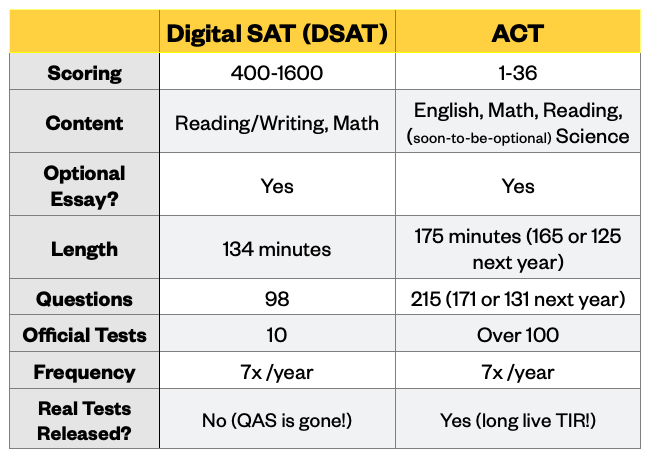
Back to Blog Home
|






